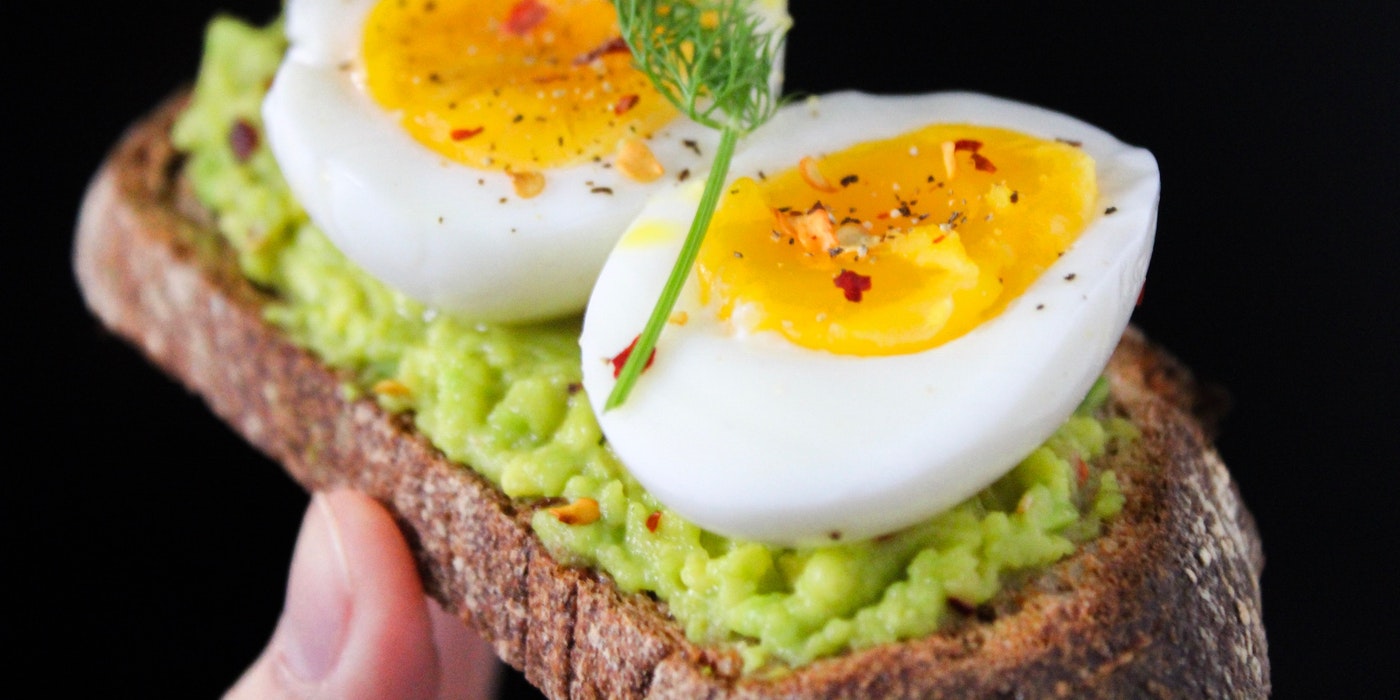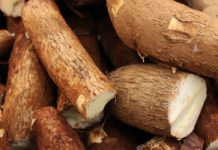Which Foods Are Best for Students?
Students try hard to memorize a lot of content and understand so much new information, such that it’s vital that they keep their health in top shape. Staying healthy is a sure way to promote academic performance.
An overall healthy diet is highly important for keeping the body and brain nourished and fit to take on difficult tasks. There are also specific foods that are great for brain health and promoting mental performance. We`ll discuss such foods in detail.
Top 8 Brain Foods for Studying
Dark Chocolate and Cocoa Products
Cocoa has a high flavonoid content. Students who consume flavonoid-rich cocoa products will enjoy its brain health benefits.
Cocoa intake reduces mental fatigue, boosts memory, and improves blood flow to the brain. What’s more? Flavonoids also cross the blood-brain barrier and directly act on areas of the brain that control memory and attention. The blood-brain barrier is a semipermeable membrane that protects the brain.
Berries
 Berries contain a variety of compounds that boost academic performance and protect the brain`s health. Students can consume blueberries, strawberries, or blackberries, as they are high in flavonoid compounds called anthocyanins. These compounds improve mental performance by protecting against inflammation, increasing blood flow to the brain, and improving some signaling pathways that boost nerve cell production and cellular processes required for learning and memory.
Berries contain a variety of compounds that boost academic performance and protect the brain`s health. Students can consume blueberries, strawberries, or blackberries, as they are high in flavonoid compounds called anthocyanins. These compounds improve mental performance by protecting against inflammation, increasing blood flow to the brain, and improving some signaling pathways that boost nerve cell production and cellular processes required for learning and memory.
Citrus Fruit
Citrus fruits provide lots of health benefits, including promoting brain health. Just like berries, citrus fruits like oranges and grapefruit are rich in flavonoids like hesperidin, naringin, quercetin, and rutin. These compounds particularly promote learning and memory. They also protect nerve cells from injury, and as a result, prevent mental decline. Students may drink citrus fruit juice to help promote mental performance. Orange and grapefruit juice particularly enhance blood flow to the brain and improve mental performance. Whole citrus fruits are especially rich in flavonoids and serve as a great snack when studying or preparing for an exam. They can pair citrus fruits with citrus juice for protein and healthy fat.
Avocados
Avocados are rich and versatile. You can spread them on toast, mash them into guacamole, or just add a bit of salt to them and have them that way. However you choose to eat them, rest assured that they will boost your brain function.
Avocados are an excellent source of lutein, a carotenoid that accumulates in the brain and eyes, as well as influences them positively.
Fish
Omega-3s are essential fats that play crucial roles in brain health. Fatty fish are bursting in omega-3, and also serve as a rich source of other brain-health-promoting nutrients like selenium and vitamin B12. Try adding fish and other seafood to your diet to enhance memory and boost overall brain health.
Nuts
Nuts are rich in essential nutrients that are great for brain health. They particularly contain vitamin E and zinc. Some of the benefits of eating nuts are that they are versatile and portable.
They are concentrated sources of protein, healthy fat, and fiber. They can also keep students fueled during marathon study sessions. Snacking on nuts will also help improve some aspects of brain function.
Eggs

Nutritionists say that eggs are nature’s multivitamin, owing to the variety of nutrients that they contain. These nutrients, some of which are vitamin B12, choline, and selenium are particularly great for brain function. Selenium, for instance, is required for memory, cognition, coordination, and motor performance, while choline is great for brain development and the production of acetylcholine, a neurotransmitter that is necessary for memory storage and muscle function. Vitamin B12 is also necessary for neurological health, and having low levels of this vitamin impairs brain function.
This amazing food also contains lutein, a carotenoid pigment that is great for visual and mental function. Students are advised to eat whole eggs to enjoy their brain-function-promoting benefits.
Beets
Beets and beet products are packed with nitrates, which the body converts into a molecule called nitric oxide. Nitric oxide is great for brain function and proper nerve cell communication. Consuming nitrate-rich beets and beet products will also improve brain function immensely. Students who have roasted beets with a meal before an exam perform better than others who don`t. You may also sip on fresh beet juice while studying.
Some Facts About the Human Brain
- The world’s fastest supercomputer requires 24 million Watts of power to operate, however, our brains only require 20 Watts and operate about 100,000 times faster.
- People cry when they are extremely happy because the hypothalamus in the human brain cannot distinguish between extreme happiness and extreme sadness.
- People get chills while listening to music because the brain releases dopamine.
- Solitary confinement can cause extreme neurological damage to the human brain.
- EEG scans reveal that the brains of solitary prisoners have the same indicators as people who have had traumatic injuries.
- Exercise reduces the brains’ cognitive decline, however, increased physical activity beyond normal rates can slow the brain’s aging by 10 years.
- Human brains receive 20% of the total oxygen from their bodies, even though they only represent 2% of the body’s weight.
- Because some languages don`t have terms for left, right, front, and back, they use the terms, north, south, east, west. People who grew up speaking such languages always know what direction they are oriented, resulting in a type of compass brain.
- 73% of the human brain is just water, which means that if one gets dehydrated by more than 2%, they can suffer from a loss in cognitive skills, attention, and memory.
- During sleep, our spinal fluid flows through the brain on the outside of the brain’s blood vessels. This helps to remove specific buildups of amyloid-beta protein, which is a brain cell waste.
- The build-up of amyloid-beta protein has been linked to greater risks of Alzheimer’s.
- Alzheimer’s disease occurs as a result of the resistance to insulin in the brain.
- There are memory techniques that can help boost memory.
- The brain can form new cells through a process called neurogenesis.
- The human brain weighs three pounds.
- The brain comprises 60% of fat, and it is one of the fattiest organs in the human body.
- During early pregnancy, the brain neurons develop at a whopping rate of 250,000 per minute.
- Frequent jet lag can affect one`s memory so badly to cause the release of stress hormones.
- The brain retains images more than texts.
- The brain is active at all times, even during sleep.
- The brain receives more oxygen when one yawns.
- There is no research that confirms the popular belief that listening to classical music improves mental skills.
- Reading aloud promotes brain development.
- The frontal lobe controls short-term memory.
- The three main categories of memory are short-term memory, long-term memory, and working memory.
- The hippocampus houses long-term memories, and if it suffers any damage, the affected person may suffer amnesia.
- People suffering from dementia and amnesia can barely remember their names.
- Memory depreciation is inevitable in old age.
- Memories aren’t always reliable, as the brain has a way of transferring details from one experience to another, as a result, causing a mix-up of information.
- A baby’s memory starts working about 20 weeks after conception.
- Your memory works like a video and audio recorder with limitless memory space.
- Hypnosis can help you remember past events that you must have forgotten.




